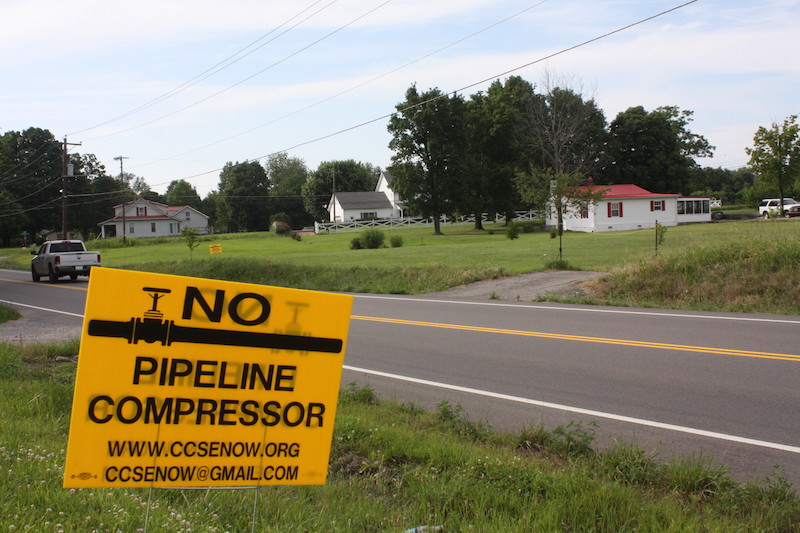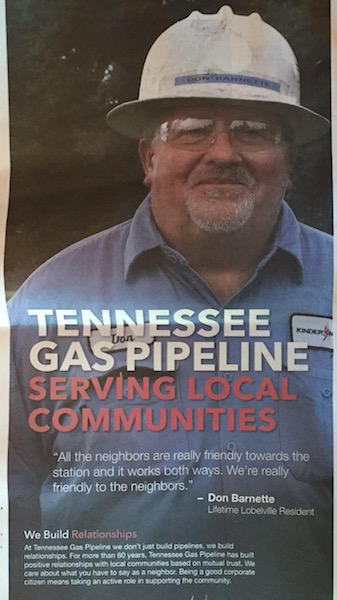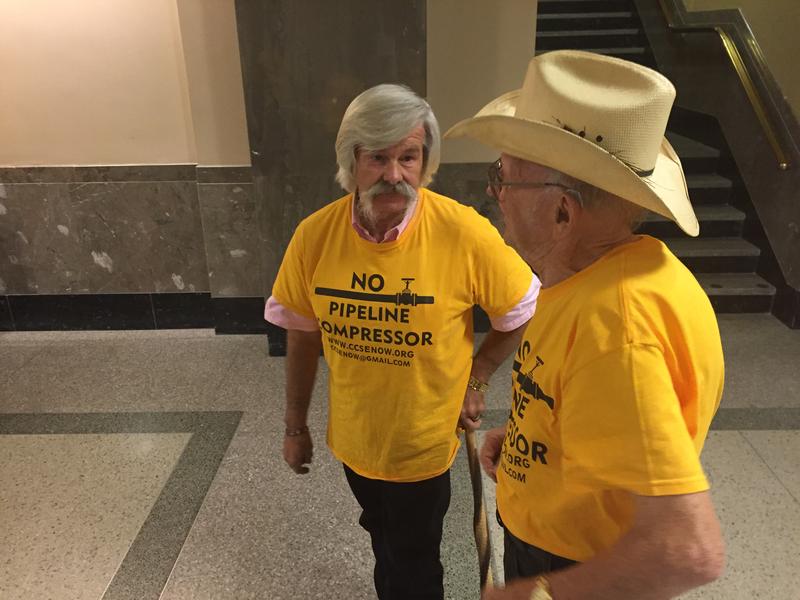
The Metro Council voted Tuesday to block a gas pipeline compressor station from being built in a rural area in northern Davidson County — but the council doesn’t have the final say.
The possibility of large turbine engines used to push gas through old pipelines caused the fight in the first place. On one side, Joelton residents warned of noise, pollution or potential explosions near their homes, farms and even an animal sanctuary.
That argument convinced the council to block the project, restricting gas compressors to industrial areas.
But the pipeline company, Kinder Morgan, pushed back in recent weeks with newspaper ads and mailings to nearby neighborhoods. They touted safety and job creation and said the political maneuver in Joelton could just shift the pipeline elsewhere in Davidson County.
Councilman Lonnell Matthews — who led the way on blocking the project — said he regretted how divisive the issue had become but believed a message had to be sent to companies that cloak their intentions.
“We’re at this point, fighting this battle, because the company isn’t transparent,“ Matthews said. “They aren’t willing to work with the community on the front end and now they’re trying to backtrack and have all this community outreach and PR. When they could have spent a lot less money, reached out a friendly hand, and said, ‘Hey we want to be neighbors, we want to be good neighbors.’ “
Federal regulators will ultimately decide — and their rules can trump local ordinances.
Approval is not guaranteed for such a large project, which also spans into Kentucky and West Virginia.
The same company has faced resistance for a separate pipeline in New York. And other gas companies are navigating battles in Massachusetts and Virginia.
In Joelton, Kinder Morgan has had to be careful about an endangered species of bat while pursuing several different permits — all while dozens of Joelton residents write opposition letters at every step.
“We have a lot of work to do on this still,” Matthews said. “Environmental issues are first and foremost on this, but also integrity of our neighborhood and communities, especially residential areas and playgrounds, come into play.”
Matthews’ bill faced some council opposition. Some members described it as being moot — since federal regulations matter more — or unfairly targeted at a single business.
A few said that it could even be detrimental, if it leads to a costly lawsuit against the city.
“Metro would likely lose that lawsuit,” Metro Council Attorney Jon Cooper said in response to questioning.
But several councilors rallied behind Matthews, in part to make a statement to federal regulators, and the measure passed 30 to 3.


